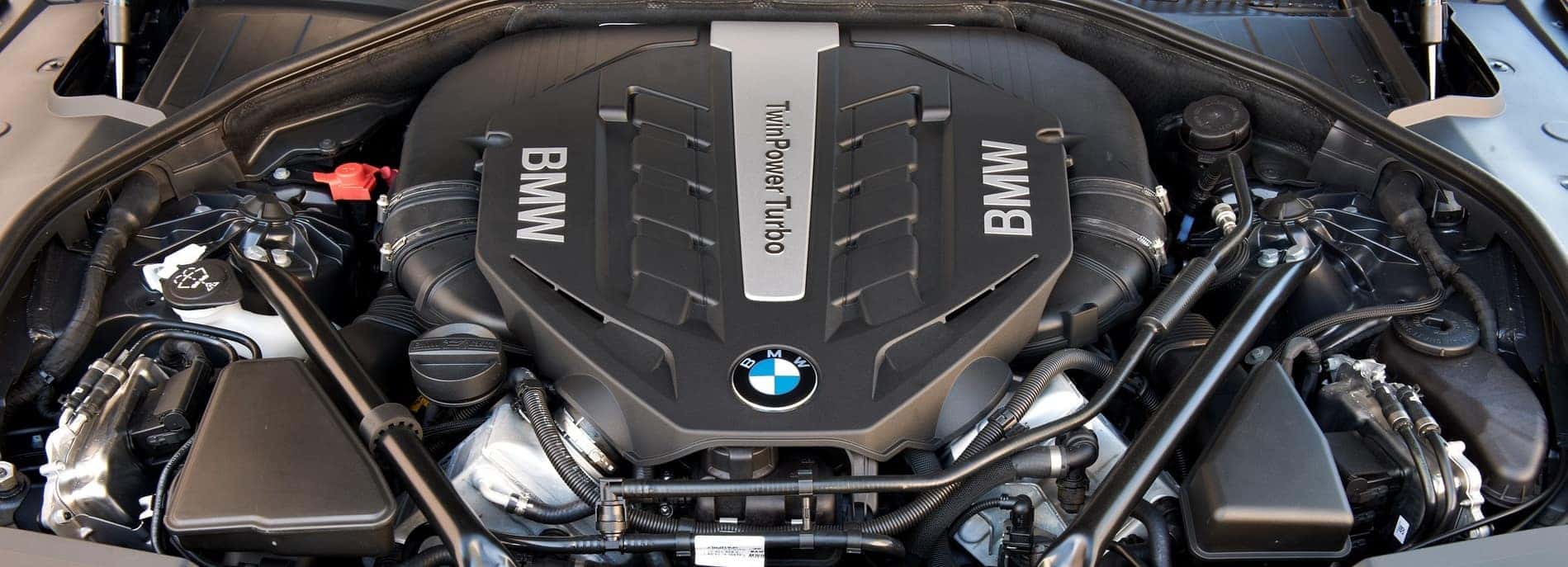Usual Problems Faced by BMW Engine Owners and Just How to Fix Them
Usual Problems Faced by BMW Engine Owners and Just How to Fix Them
Blog Article
Unveiling the Intricacies of Next-Generation Power Units: a Deep Dive Into Advanced Engine Styles and Innovations
As we stand on the precipice of a new period in transportation, the intricacies of next-generation engine styles beckon us to discover the cutting-edge innovations and innovations that assure to redefine the driving experience. Digging much deeper into the worlds of emission control, smart engine monitoring systems, and the horizon of power device development, we locate ourselves on the cusp of a transformation that assures to reshape the landscape of movement as we know it.
Advancement of Engine Materials

The shift towards progressed engine products has actually also allowed engineers to create engines with greater power results while maintaining fuel efficiency requirements. For instance, using lightweight materials minimizes the general weight of the engine, bring about boosted fuel economic situation and lower exhausts. Additionally, developments in materials innovation have actually enabled far better thermal monitoring within engines, causing raised reliability and longevity.
Turbocharging and Supercharging Technologies
Just How do Turbocharging and Supercharging Technologies transform engine performance and performance in contemporary cars? Turbo charging and turbocharging are technologies that considerably enhance engine performance by raising the amount of air intake right into the combustion chamber. Turbocharging attains this by making use of a wind turbine driven by exhaust gases to pressurize the consumption air, while turbo charging uses a belt- or chain-driven compressor to accomplish the same impact.
These innovations enable smaller, more fuel-efficient engines to generate power equivalent to bigger ones, called downsizing. Forcibly more air into the cyndrical tubes, turbo charging and turbocharging improve burning efficiency, leading to boosted horse power and torque outcome without a significant boost in engine dimension. This results in far better acceleration, pulling ability, and overall driving efficiency.
Furthermore, supercharging and turbocharging add to improved fuel effectiveness by allowing the use of smaller sized engines that consume less gas under normal driving conditions - bmw engine. This mix of enhanced efficiency and performance has made turbocharging and turbo charging integral elements of several modern engine layouts
Discharge Control and Environmental Impact
With boosting global worries concerning air quality and ecological sustainability, the application of exhaust control technologies in cars plays an essential function in lowering harmful contaminants launched right into the ambience. Modern cars are furnished with innovative exhaust control systems that aid lessen the ecological influence of auto procedures. Catalytic converters, as an example, are created to transform toxic gases such as carbon monoxide gas, nitrogen oxides, and hydrocarbons right into less dangerous compounds like co2 and water vapor.
Moreover, improvements in engine innovation, such as the combination of exhaust gas recirculation systems and careful catalytic reduction, have significantly added to decreasing exhausts. These innovations operate in tandem to enhance combustion efficiency and decrease the launch of unsafe toxins right into the air. Furthermore, the development of crossbreed and electrical lorries stands for a critical action in the direction of minimizing the general environmental footprint of the transport sector.
Intelligent Engine Administration Systems

Furthermore, these systems make it possible for cars to fulfill rigid emissions criteria without compromising efficiency, offering an extra eco-friendly driving experience. The assimilation of synthetic intelligence and maker understanding capabilities in engine management systems remains to press the limits of what is possible, bring about more improvements in performance, reliability, and general vehicle performance. bmw engine. As vehicle technology developments, intelligent engine administration systems will certainly play a vital role fit the future of transport towards a much more lasting and efficient direction
Future Trends in Power System Development
As smart engine administration systems lead the method for improved control and optimization in modern vehicles, future trends in power device advancement are positioned to redefine the landscape of vehicle propulsion technologies. One of the key trends driving advancement in power device growth is the shift towards electrification. With a boosting concentrate on sustainability and decreasing carbon discharges, crossbreed and electric powertrains are becoming a lot more widespread in the automotive market. These different source of power offer boosted effectiveness and efficiency while lining up with stringent environmental laws.
Another significant fad is the integration of innovative products and producing methods. Lightweight Get the facts materials such as carbon fiber and light weight aluminum are being made use of to minimize overall car weight, improving fuel effectiveness and efficiency. Additionally, developments in 3D printing and additive manufacturing are allowing the manufacturing of intricate engine parts with greater accuracy and resilience.
Additionally, synthetic intelligence and artificial intelligence are playing a vital duty in optimizing power system efficiency. These innovations enable real-time tracking and adaptive control, causing more reliable and reputable power shipment. On the whole, future patterns in power device development are geared in the direction of efficiency, sustainability, and performance, driving the auto industry towards a brand-new period of propulsion innovations.

Verdict
In verdict, the innovations in engine products, turbocharging, discharge control, and intelligent management systems have actually led the means for next-generation power units. The intricate layouts and developments in modern engines display the recurring evolution of vehicle technology.
Discovering the modern innovations in engine products has been crucial in improving the efficiency and effectiveness of modern-day engines. Over the years, the development of engine products has actually played an important role in pushing the limits of what engines can accomplish.The shift towards advanced engine materials has actually additionally enabled designers to make engines with greater power outcomes while keeping gas effectiveness requirements.The application of intelligent engine management systems in modern vehicles has actually changed the means engines are regulated and optimized for performance and efficiency. By accumulating data in real-time and evaluating it with sophisticated algorithms, intelligent engine management systems can adjust to driving designs, ecological aspects, and engine health and wellness to take full advantage of power output while decreasing gas consumption and emissions.
Report this page